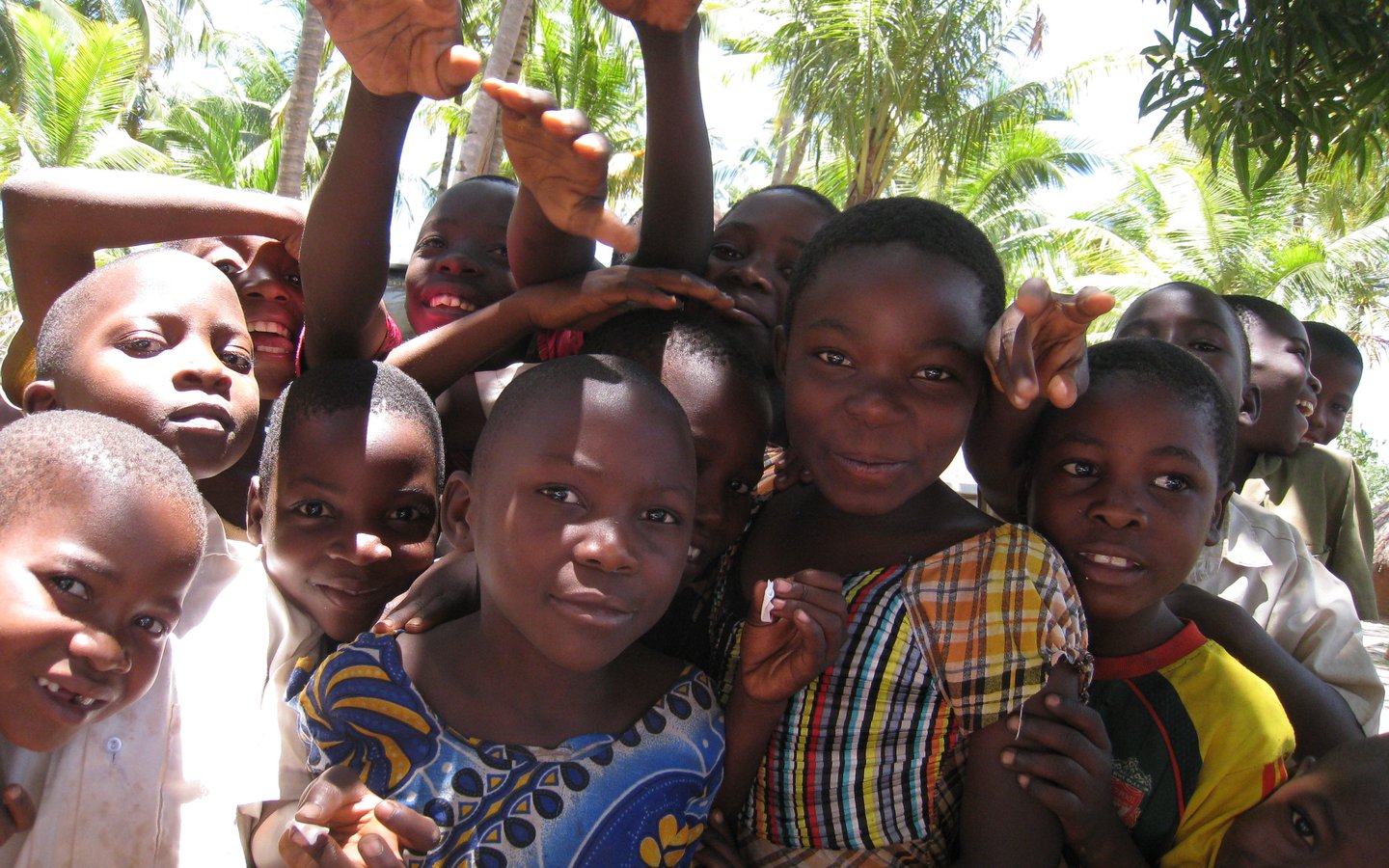On 15 December 2023, the World Health Organization (WHO) announced the inclusion of noma (cancrum oris or gangrenous stomatitis) in its official list of neglected tropical diseases (NTDs).
Following a meeting in Geneva on 12 October 2023, the Strategic and Technical Advisory Group for Neglected Tropical Diseases (STAG-NTD) concluded that noma fits all the criteria for inclusion on the WHO’s official list of NTDs, bringing the total number of NTDs to 21. This has now been ratified by WHO Director-General Dr Tedros Adhanom Ghebreyesus, who said:
“Noma is more than a disease, it is a social marker of extreme poverty and malnutrition, affecting the most vulnerable populations. By classifying noma as a neglected tropical disease, we are shining a light on a condition that has afflicted marginalised communities for centuries. We are committed to working with affected countries and communities to address the drivers of noma, and alleviate the suffering it causes.”
Noma, a severe gangrenous disease of the mouth and face, primarily affects malnourished young children between the ages of two and six years in regions of extreme poverty. It starts as an inflammation of the gums which, if not treated early, spreads quickly to destroy facial tissues and bones. This can lead to death, with survivors suffering severe disfigurement.
Accurate estimation of the number of noma cases is challenging due to the rapid progression of the disease and the associated stigma, which contributes to leaving many cases going undiagnosed. Cases of noma are mostly found in sub-Saharan Africa, although cases have also been reported in the Americas and Asia.
Several groups and organisations in the global health community have campaigned for many years for the inclusion of noma in the official list of NTDs. Its recognition as an NTD aims to amplify global awareness, catalyse research, stimulate funding, and boost efforts to control the disease through multisectoral and multi-pronged approaches.
Uniting to Combat NTDs look forward to working with the noma community and partners in the push to mobilise resources in support of the WHO NTD road map to ensure that no-one suffers from any of these preventable and treatable diseases. Together, we can beat NTDs.
